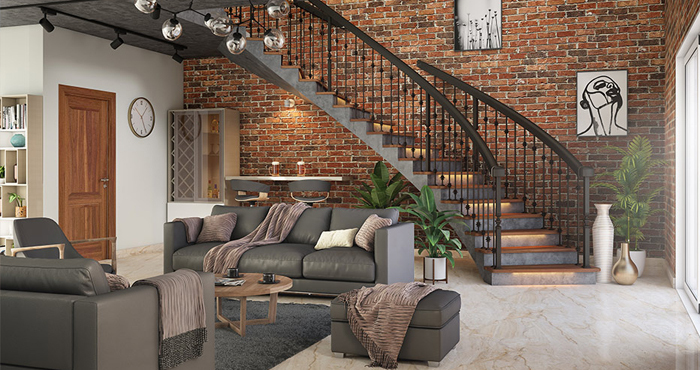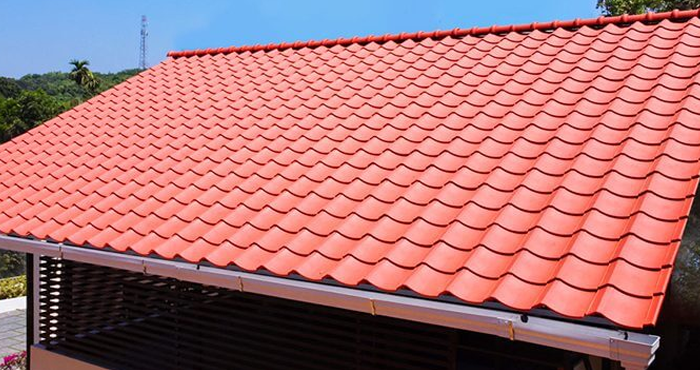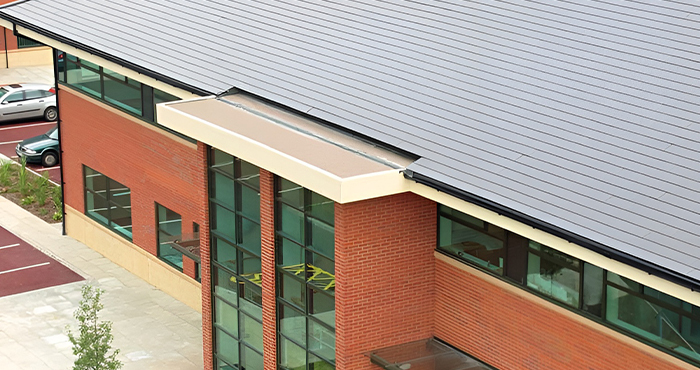To ensure structural integrity, efficiency, and sustainability in construction, choosing the right material is extremely important. Among the various options available, hollow bricks are becoming more and more popular due to their numerous benefits over traditional bricks. With an emphasis on the benefits and differences between hollow and traditional bricks, in this blog we will discuss the reasons why you should consider using these popular bricks instead of the regular ones.
What Are Hollow Bricks?
Hollow bricks are lightweight bricks with a hollow core, reducing the overall weight of the brick while maintaining the strength of the structure. They come in various sizes and materials, including clay and concrete, making them versatile for different construction requirements.
What are the Benefits of Using Hollow Bricks
Lightweight and Easy to Handle
One of the primary hollow bricks benefits is their lightweight nature. This makes them easier to handle and transport, reducing labor costs and time during construction. Their lightweight also decreases the overall load on the building, which can be beneficial for high-rise structures.
Excellent Thermal Insulation
Hollow bricks provide superior thermal insulation compared to traditional bricks. The air filled within the hollow spaces acts as a barrier, reducing heat transfer and helping to maintain a comfortable indoor temperature. This can lead to significant energy savings in heating and cooling costs.
Sound Insulation
The hollow core of these bricks also provides excellent sound insulation. They can significantly reduce noise transmission, making them ideal for buildings in noisy environments or for creating quiet indoor spaces.
Environmentally Friendly
Clay hollow bricks are environmentally friendly as they require less raw material for production and have a lower carbon footprint. Their lightweight nature reduces the energy needed for transportation, further contributing to their eco-friendliness.
What isThe Difference Between Bricks and Blocks
Composition and Manufacturing
When looking at the difference between these two, it’s important to understand how and what they are made of. Traditional bricks are usually made from clay and heated in kilns. While concrete blocks are made from a mix of cement, sand, and water. Both hollow bricks and hollow blocks can be made from various materials, but what makes them special is their hollow design. This design makes them lighter and gives them unique benefits.
Structural Strength
While both bricks and blocks are strong, comparing bricks vs concrete blocks shows that concrete blocks are usually stronger and last longer. However, hollow block bricks are made to balance strength and weight, offering enough support for most homes and commercial buildings.
Size and Shape
Bricks are usually smaller and rectangular, while blocks are larger and can be of various shapes. This size difference means blocks cover a larger area more quickly, reducing construction time. Hollow block bricks come in standardized sizes, ensuring uniformity and ease of construction.
Advantages of Hollow Bricks Over Traditional Bricks
Reduced Construction Time
As they are big in size and lightweight in nature, hollow bricks can significantly reduce construction time. Fewer bricks are needed to cover the same area, and their ease of handling speeds up the building process.
Improved Structural Efficiency
Hollow bricks offer better structural efficiency by reducing the overall weight of the building. This can be particularly beneficial in seismic zones where lighter buildings perform better during earthquakes.
Cost-Effective
The lightweight and easy handling of hollow bricks lead to lower labor costs. Additionally, their thermal and sound insulation properties can reduce energy costs over the building’s lifetime, making them a cost-effective choice.
Enhanced Aesthetic Appeal
Clay hollow bricks give buildings a natural and attractive look. They can be left without plastering, offering a rustic and elegant appearance. Ultimately giving an enhanced appeal to your space.
Using Hollow Bricks in Different Applications
Residential Buildings
In homes, hollow bricks help create energy-efficient and cozy living spaces. Their good insulation keeps rooms quiet and comfortable, making them ideal for a peaceful and well-regulated environment.
This means you can enjoy a quiet, peaceful living space with excellent temperature control. This makes it perfect for relaxing, spending time with family, and creating a comfortable, energy-efficient environment. Whether it’s enjoying a cool summer evening or a warm winter day, the superior insulation provided by hollow bricks ensures your home remains cozy and inviting year-round.
Commercial Constructions
Using hollow block bricks in commercial buildings offers several benefits. They speed up construction and reduce costs due to their lightweight and large size. Their strength and durability ensure the building lasts longer and remains safe, making them a smart investment for any commercial project. This efficiency can also lead to quicker occupancy and business operations, enhancing overall productivity and profitability.
Tall Buildings
In tall buildings, the light weight of hollow bricks reduces the burden, improving structural stability. This benefits residents by ensuring safety and minimizing damage in some dangerous events like earthquakes.
Key Considerations When Using Hollow Bricks
- Quality Control: Ensure that the hollow bricks you are using meet the required quality standards for strength and durability.
- Proper Installation: Skilled labor is necessary for the correct installation of hollow bricks to ensure their structural integrity.
- Weather Conditions: Consider the local climate and weather conditions when choosing hollow bricks to ensure they provide the desired insulation and last longer.
Why Choose Jindal Bricks for High-Quality Materials
Choosing the right supplier for your construction materials is highly important for ensuring quality and durability. Jindal Bricks offers a wide range of high-quality hollow bricks, ensuring you get the best products for all your construction requirements. With a commitment to excellence and customer satisfaction, Jindal Bricks stands out as a reliable choice for all your building material requirements. They provide products that meet stringent quality standards, ensuring your project’s success.
So, to wrap up hollow bricks, offer numerous advantages over traditional bricks, including better thermal and sound insulation, reduced construction time, and cost-effectiveness. Hence consider using hollow bricks for your next project to enjoy these benefits and ensure a high-quality, durable, and efficient building.
FAQs
Are hollow bricks as strong as traditional bricks?
Ans. Yes, hollow bricks offer sufficient strength for most residential and commercial constructions while being lighter in weight.
Can hollow bricks be used for load-bearing walls?
Ans. Yes, hollow bricks can be used for load-bearing walls, but it’s essential to follow proper construction practices and quality standards.
How do hollow bricks help in energy savings?
Ans. Hollow bricks provide excellent thermal insulation, reducing the need for artificial heating and cooling, which leads to significant energy savings.
Are clay hollow bricks environmentally friendly?
Ans. Yes, clay hollow bricks are eco-friendly due to their lower raw material requirement and reduced carbon footprint during production and transportation.
Do hollow bricks provide good sound insulation?
Ans. Yes, the hollow core of these bricks offers excellent sound insulation, making them ideal for buildings in noisy environments.





